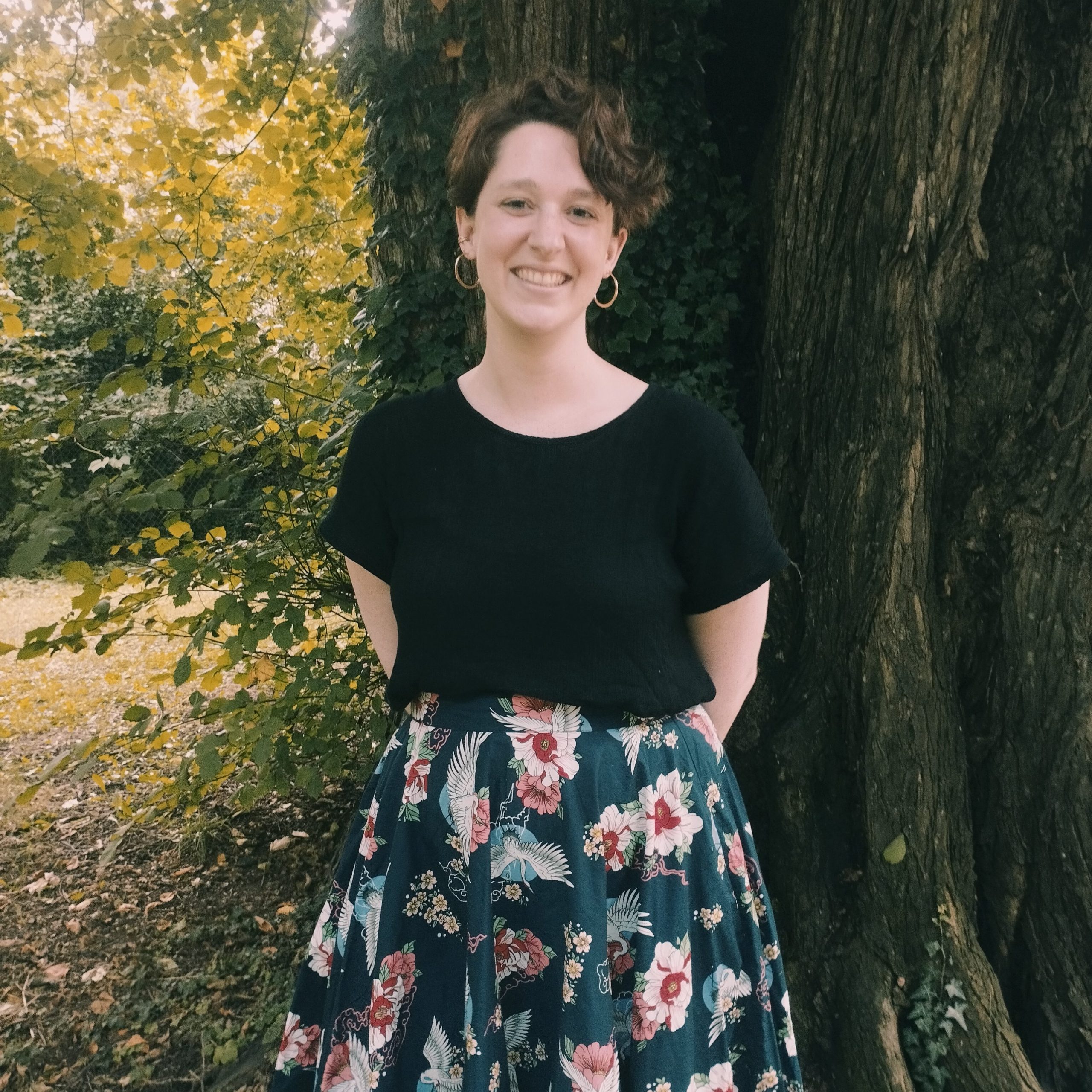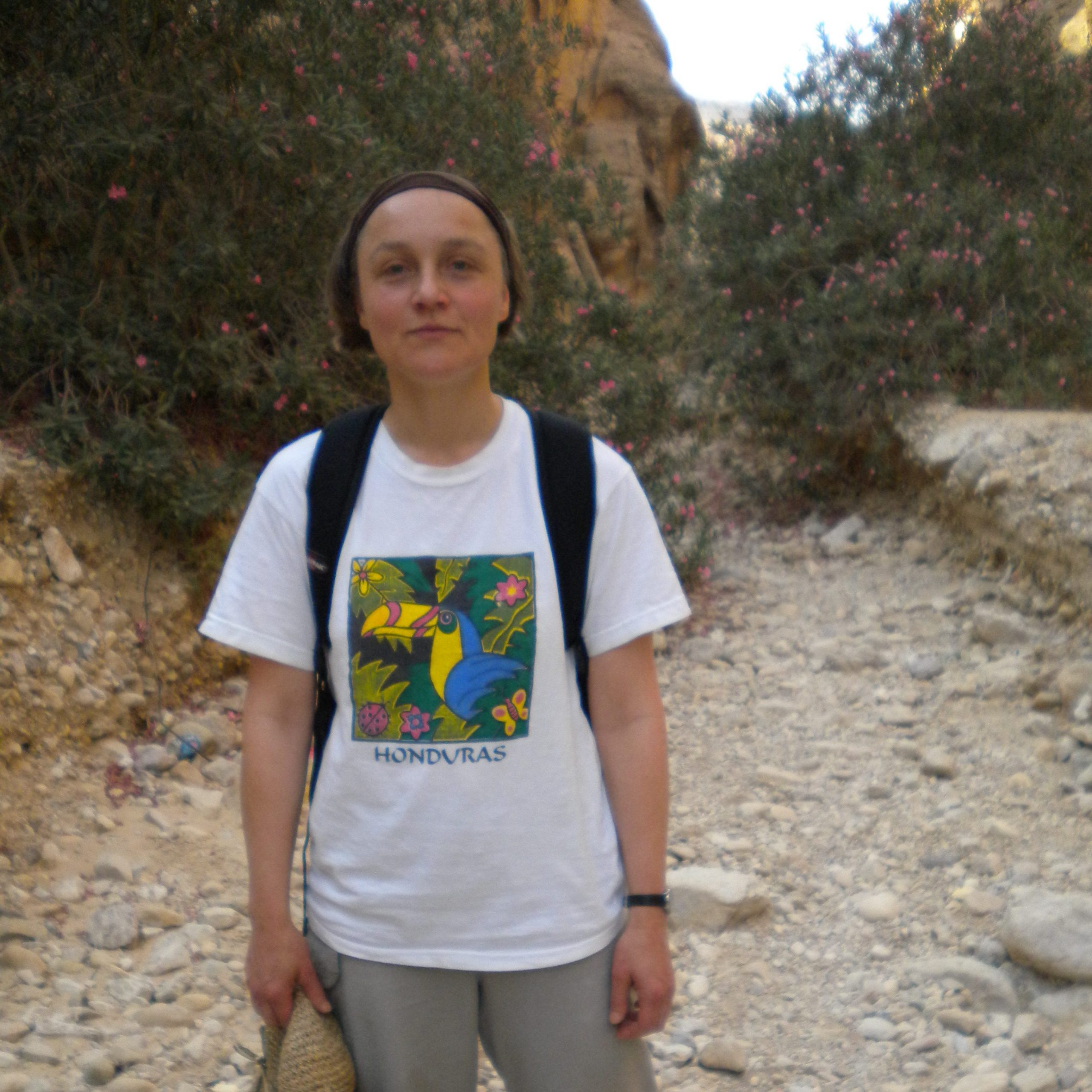Programmes
We are developing and establishing a structured PhD training programme for fellows from the Middle East and Germany and a Graduate Certificate on Climate Change studies for studends of the SAGE partner universities and the DAAD-Programmes.
Our PhD programme, the SAGE Research School (SRS), is organized in cohorts with students from the Middel East and Germany. The first cohort is beginning its PhD research in 2022 and will doctorate in 2025. The PhD students where awarded a scholarship for 36 months after applying for a PhD-fellowship call. The SRS is also open for students with own external funds and research ideas that match with our research themes. It is planned to have a new cohort with students from the Middle East in 2026.
Our Graduate Certificate studies, the SAGE Climate Studies Certificate (SCSC), is being designed as a voluntary add-on to any Master study programme at the An-Najah National University, Nablus, but shall be open for students for the SAGE partner universities and other DAAD-Programmes. The first courses will be held in 2023.
SAGE Research School (SRS) – our PhD Programme
The goal of the SAGE Research School (SRS) is to provide the best possible graduate training in the field of climate change and natural resources management. The PhD fellows will benefit from training activities that aim at promoting an interdisciplinary mind-set, knowledge of a multitude of methods, exposure to an international and diverse environment and career development.
The training concept rests on five core components:
- course work for skill training
- annual PhD conferences with visiting scientists
- regular exposure to scientific discourse
- international lab rotations
- national and international conferences
The interdisciplinary research themes and projects were defined based on an in-depth co-design process among SAGE scientists and regional stakeholders. In June 2021, we conducted a science-stakeholder workshop whose aim was to define the research agenda of the SAGE Centre until 2025. During the workshop we were able to draw from results of past science-stakeholder workshops carried out within other research projects in 2017/2018 and 2013/2014 (CASCADE Project – Co-Resilience of Natural and Social Systems in a Global Biodiversity Hotspot GLOWA Jordan River project – Global Change and the Hydrological Cycle in the Jordan River Region).
From the science-stakeholder workshop held in June 2021 we learned that when talking about climate change and natural resources in the region, two main valuable resources are currently at stake: water and biodiversity. Water problems have been addressed in virtually myriads of current and past projects in the region. Therefore, we decided to capitalize on water demand, rather than on supply management as overarching principle, since water demand management is likely to be the key to a sustainable future, because the current resources are already over-exploited. Demand management also links to land use and biodiversity because it includes, for example, green water management in agriculture, acceptance of unconventional water sources, water-energy nexus and obstacles to the implementation of science-based strategies. Water demand management is an inherently interdisciplinary topic and it involves political decisions such as water pricing and allocation to sectors, land use practices, urban water demand, and many ethical, social and economic aspects that affect collective as well as individual management and governance decisions.
Taking into account the votes, feedbacks and views of the problems in the frame of climate change and environment from the stakeholders and scientists during the science-stakeholder-workshop in June 2021 we came up with the following four overarching scientific and applied problems / themes:
- Adaptive management of rangelands under climate change: fostering resistance and resilience to avoid irreversible tipping points.
- Adaptive agriculture under climate change: enhancing resilience and resistance form a local to a landscape-scale.
- Climate change and extreme events.
- Sustainable urban water and land surface management.
The above mentioned four overarching problems will be addressed by an interdisciplinary team of PhD-Students. Each PhD-research-project will be led by an international team of scientists, working within as well as across the following disciplines or research areas:
- Climate & Hydrology
- Ecology, Biodiversity & Ecosystem function
- Socio-Economy & Ecosystem Services
- Governance & Ethics
SAGE SAGE Master Certificate (SMC) – our certificate for graduate studies
The goal of the SAGE Master Certificate (SMC) is to provide key knowledge about climate change, its adaptation and mitigation, both with a general and disciplinary focus. We regularly offer online courses on topics related to climate change to Master students from the Middle East and beyond. The courses are offered by SAGE PIs or partners and focus on Climate & Hydrology, Ecology, Biodiversity & Ecosystem function, Socio-Economy & Ecosystem Services, Governance & Ethics. Some courses feature an additional summer schools in Jordan. Upon completion the participants receive a certificate which is accredited by the Palestinian Ministry of Higher Education.


